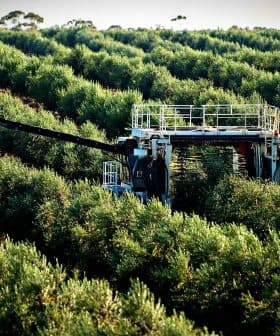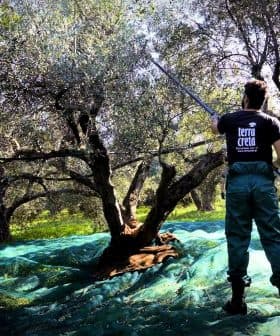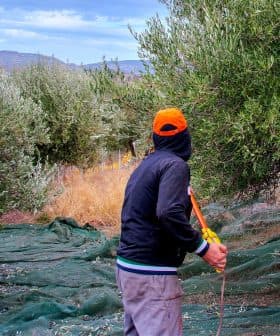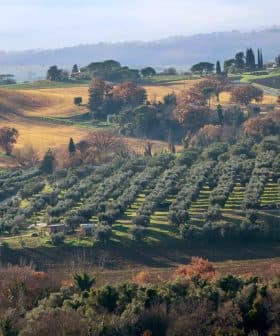 69.9K reads
69.9K readsNews Briefs
E.U. Allows House Crickets in Food Products
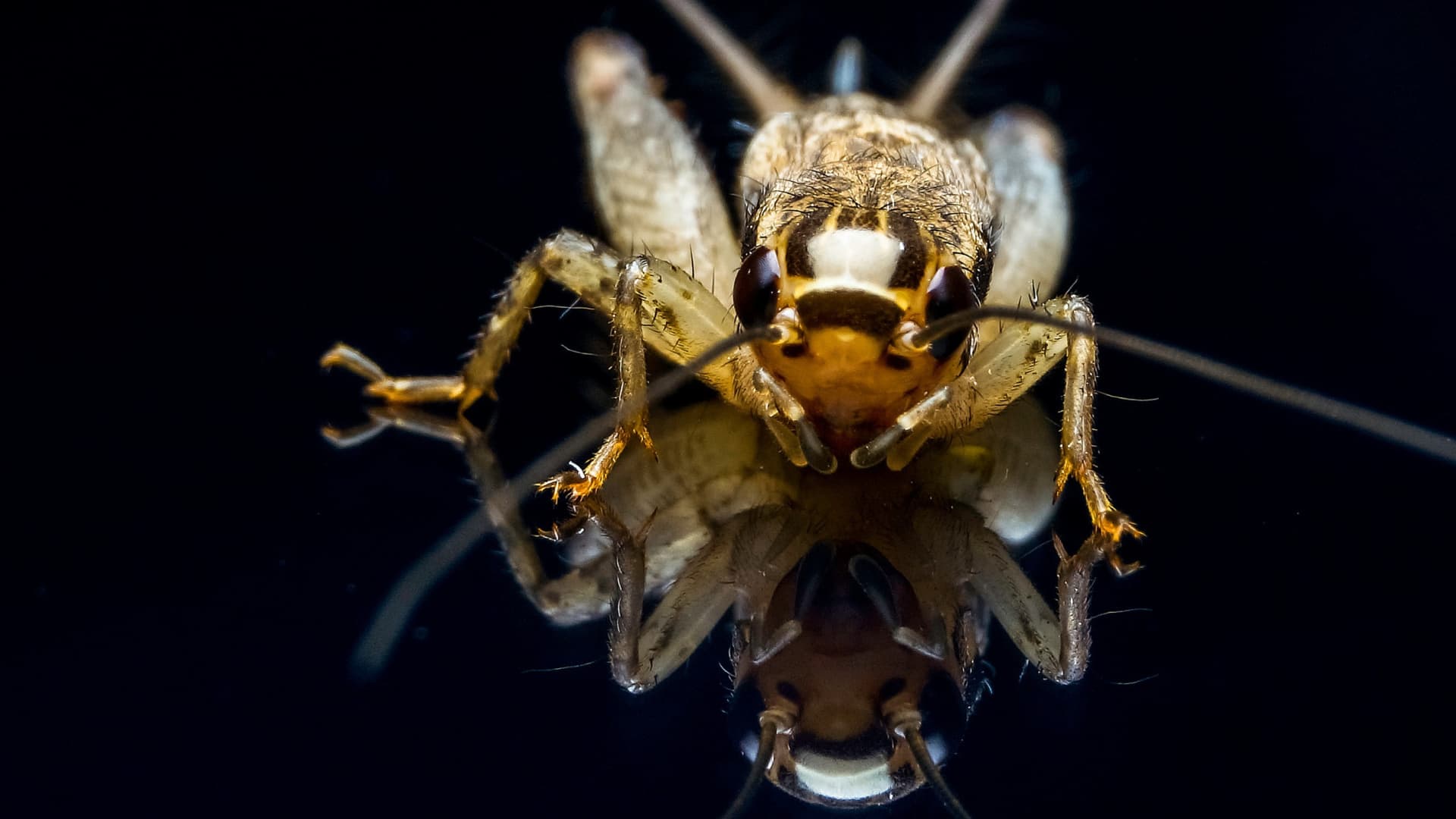
The European Union has approved the use of Acheta Domesticus powder in various food products following an application by the Cricket One Company, with the safety of the powder being verified by the EFSA. Additionally, the E.U. Commission has also approved the use of Alphitobius diaperinus larvae powder as a food supplement, with both insect products set to be introduced to the consumer food market by the end of the month.
The European Union recently allowed Acheta Domesticus, better known as the house cricket, to appear on European Union consumers’ tables. The newly approved regulation will allow food producers to introduce the partially defatted powder of Acheta Domesticus to the E.U. food market.
The E.U. Commission passed the application presented in 2019 by the Cricket One Company. Now, food producers can use the powder in the production of several foods, including pizza and pasta-based products, nuts and oilseeds, snacks and sauces, meat preparations and soups, multigrain bread and rolls, crackers and breadsticks, cereal bars, dry pre-mixes for baked products, biscuits, processed potato products, legume- and vegetable-based dishes, whey powder, maize flour-based snacks, beer-like beverages and chocolate confectionery.
The go-ahead came on the heels of the scientific opinion expressed by the European Food Safety Authority (EFSA), which verified and approved the safety of the new powder.
See Also:Health NewsEFSA also approved the powder production process, which includes a 24-hours fasting period for the insects before they are frozen, washed, thermally processed, have their oil extracted and, finally, transformed into dried-up powder.
The march of house crickets into European kitchens will not be completed alone. On January 6th, the E.U. Commission also approved the introduction of the frozen, paste, dried and powdered forms of Alphitobius diaperinus larvae, also known as the lesser mealworm, to the consumer food market.
Lesser mealworm larvae have also been found safe by the EFSA and, in the approved forms, are now allowed as ingredients in several food products destined for the general population. The powder of the mealworm larvae will also be used as a food supplement.
Food containing the insect products will require appropriate labels. Some researchers believe these food items could cause reactions in consumers allergic to crustaceans, mollusks and dust mites.
The two insect preparations will join the list of E.U.-approved insect foods, including dried Tenebrio Molitor mealworm and the dried powder of the migratory locust.
Besides such approvals, eight other applications for insect foods have been presented to the European Union and are currently under evaluation.
The E.U. Commission’s website explained that “the consumption of insects (…) contributes positively to the environment and health and livelihoods.” The E.U. executive branch also noted that insects “are a highly nutritious and healthy food source with high fat, protein, vitamin, fibre and mineral content. Therefore, they are an alternative protein source facilitating the shift towards healthy and sustainable diets.”
The new Acheta and Aplhitobius regulations will take effect at the end of the month.


